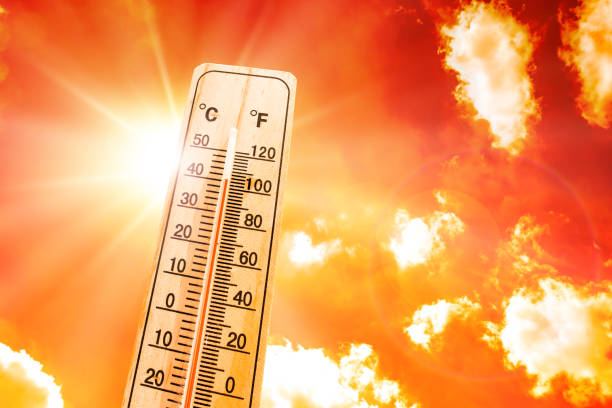Extreme heat is the most dangerous type of severe weather event in the U.S., and with the second heatwave of this summer underway, it’s sure to remain an issue for the next several months.
To prevent heat-related illnesses we caught up with Dr. Khalilah Hunter-Anderson of the Emergency Department at UConn John Dempsey Hospital for some advice to stay safe.
- Drinking enough water or liquids with electrolytes is one of the most important things you can do to prevent heat-related illness.
- Certain medical conditions and medications may mean you need to drink more water. Talk to your healthcare provider.
- Never leave infants, children, older adults, individuals with disabilities, or pets in a vehicle unattended. Cars can quickly heat up to dangerous temperatures, even with a window cracked open.
- Stay cool indoors: Stay in an air-conditioned place as much as possible.
- Schedule outdoor work and other activities carefully: Try to limit your outdoor activity to when it’s coolest, such as morning and evening hours. Rest often in shady areas so that your body has a chance to recover.
- Cut down on exercise during the heat.
- Check-in on family members and neighbors.
During heat waves, people are susceptible to heat-related conditions such as heat exhaustion and heatstroke.
Heat exhaustion is a severe heat-related illness requiring emergency medical treatment.
Symptoms of heat exhaustion include:
- Heavy sweating
- Cold, pale, and clammy skin
- Fast, weak pulse
- Nausea or vomiting
- Muscle cramps
- Tiredness or weakness
- Dizziness
- Headache
- Brief fainting (passing out)
Get medical help right away if:
- Vomiting occurs
- Symptoms get worse
- Symptoms last longer than 1 hour
- Confusion develops
Heatstroke is the most serious medical condition caused by extreme heat. It requires immediate emergency treatment. It can result in death without immediate medical attention.
What to look for:
- High body temperature (104°F or higher)
- Hot, red, dry, or damp skin
- Fast, strong pulse
- Headache
- Dizziness
- Nausea
- Confusion
- Losing consciousness (passing out)
Call 911 right away — heat stroke is a medical emergency, then:
- Move the person to a cooler place
- Help lower the person’s temperature with a cool or cold bath, misting, fanning, or applying cool cloths, if a bath is not available.
- Do not give the person anything to drink.
If someone is showing signs of heat exhaustion or heat stroke seek emergency medical care immediately.



